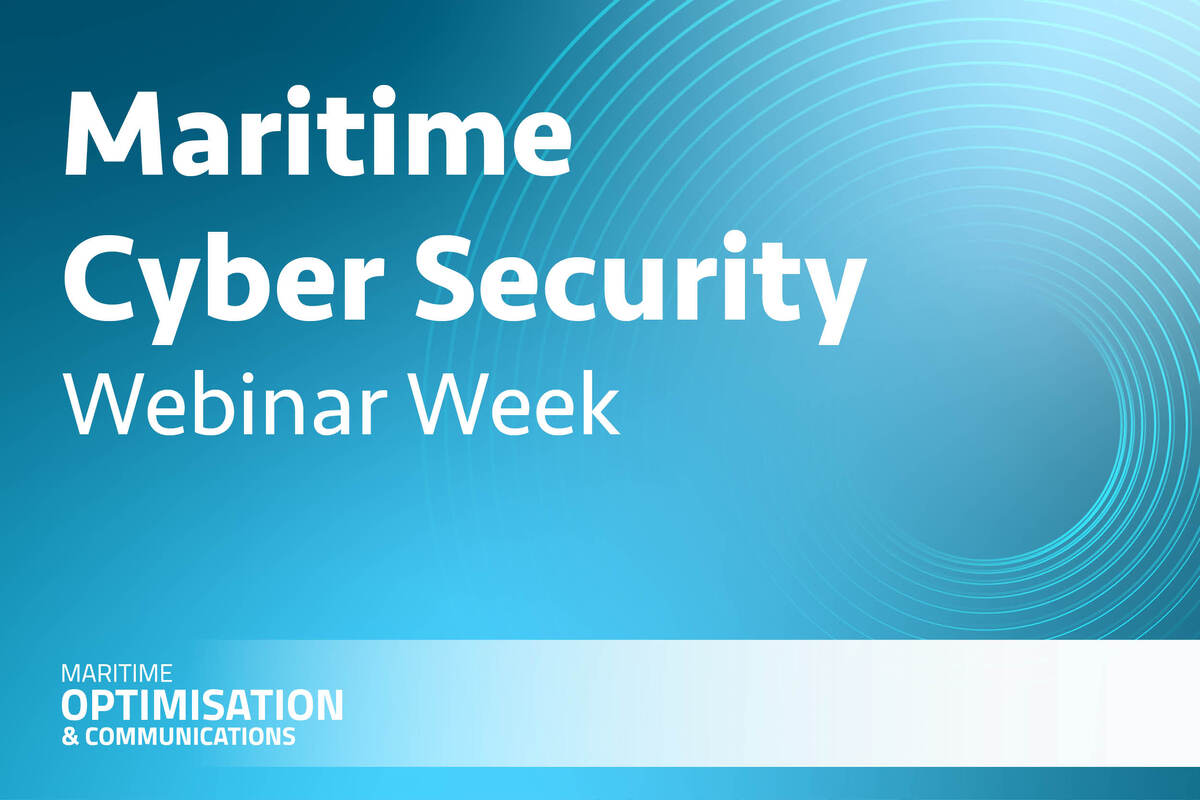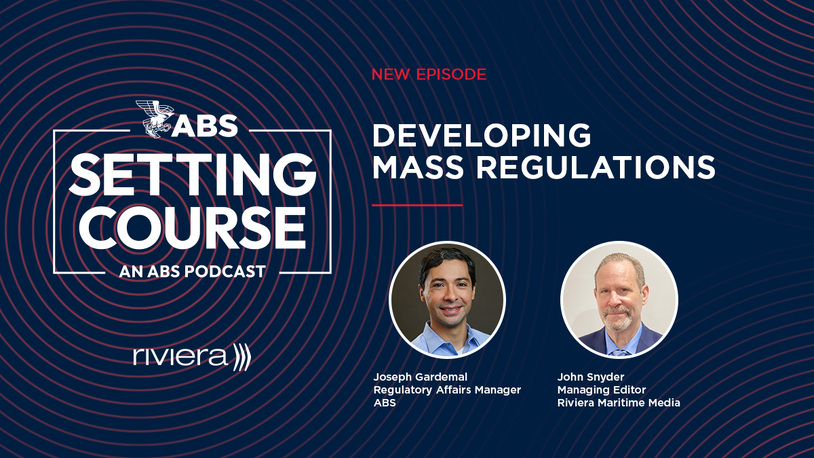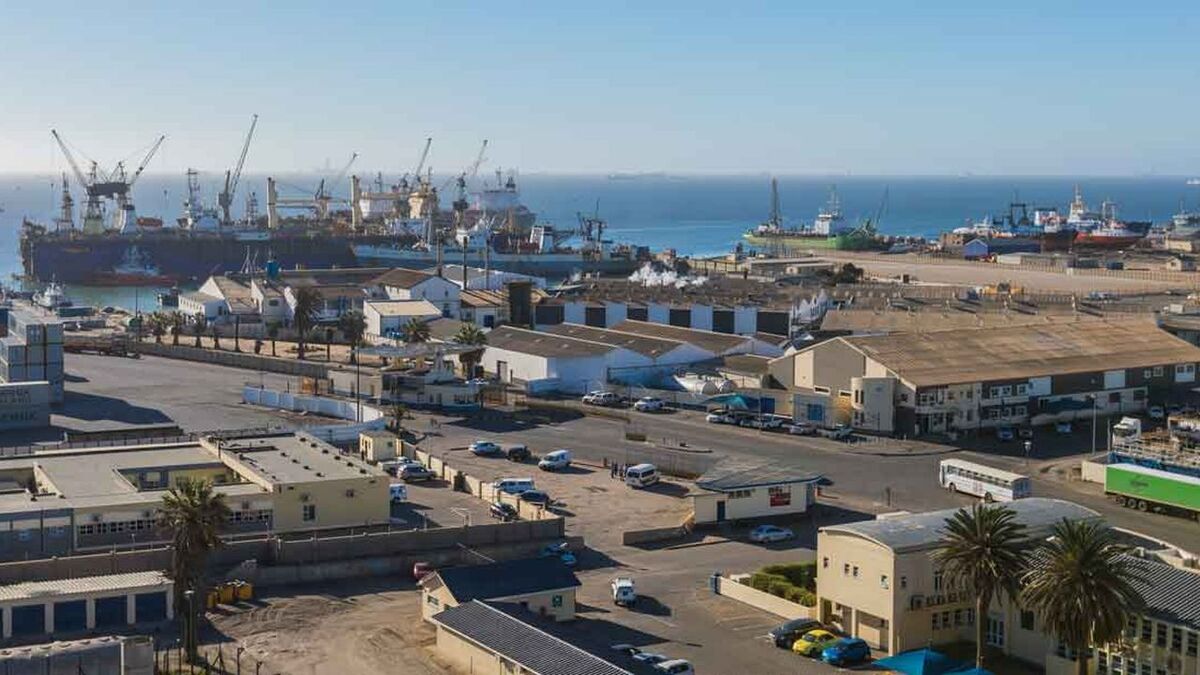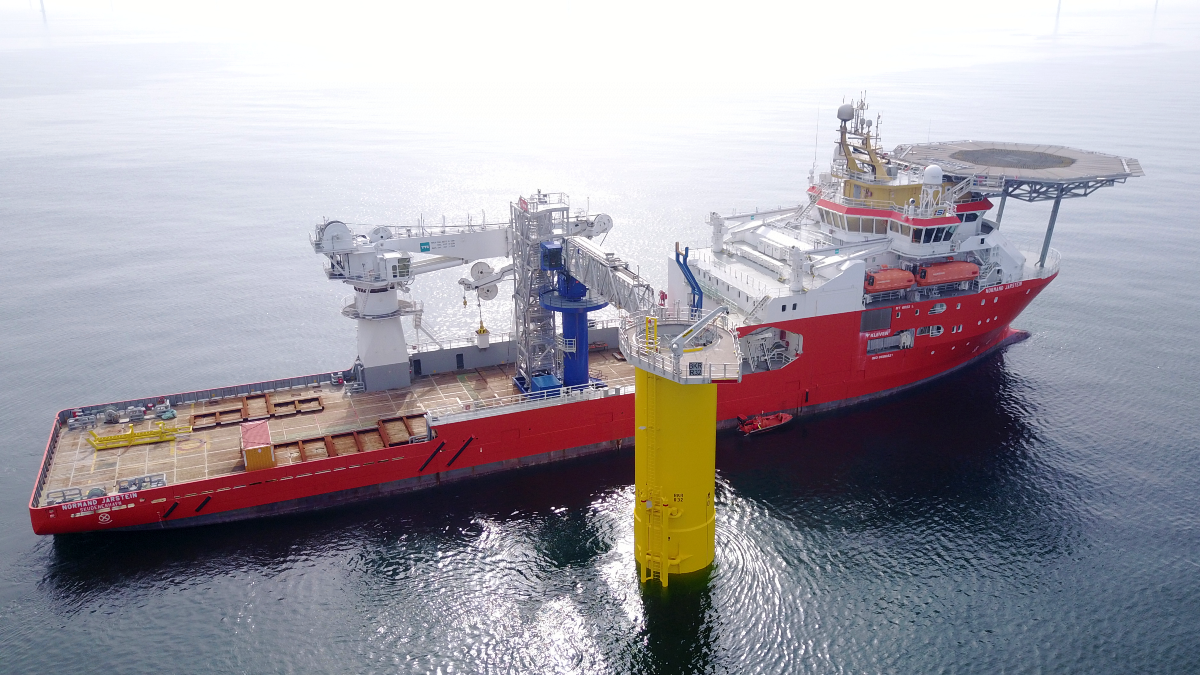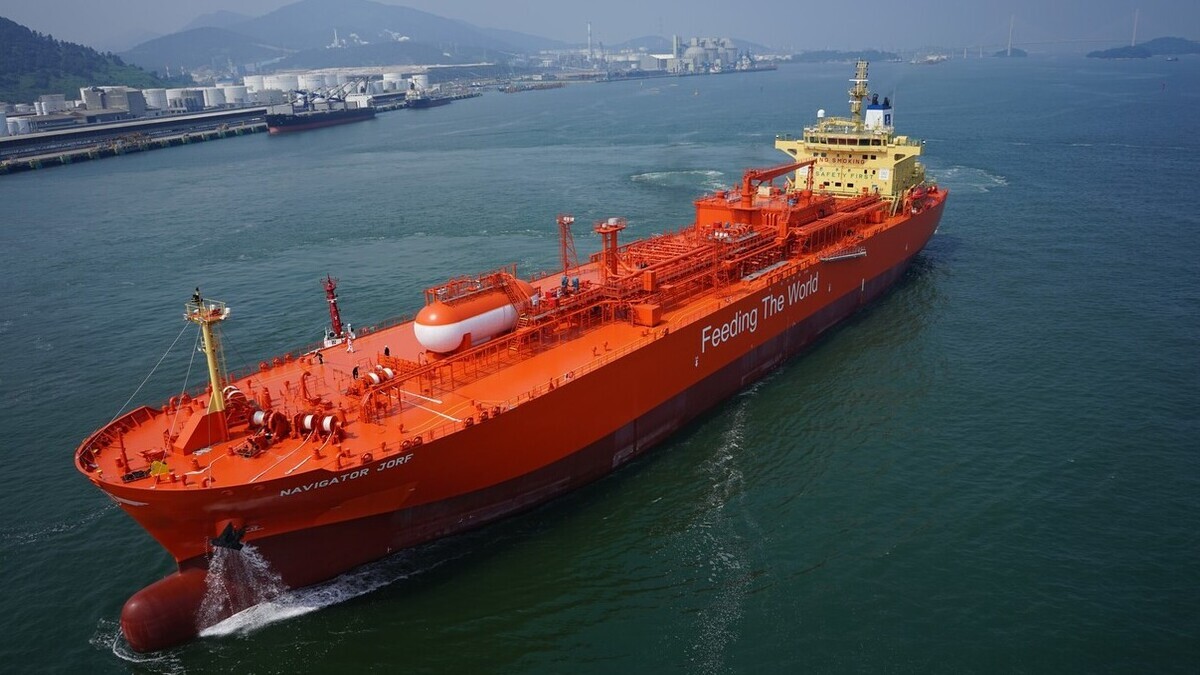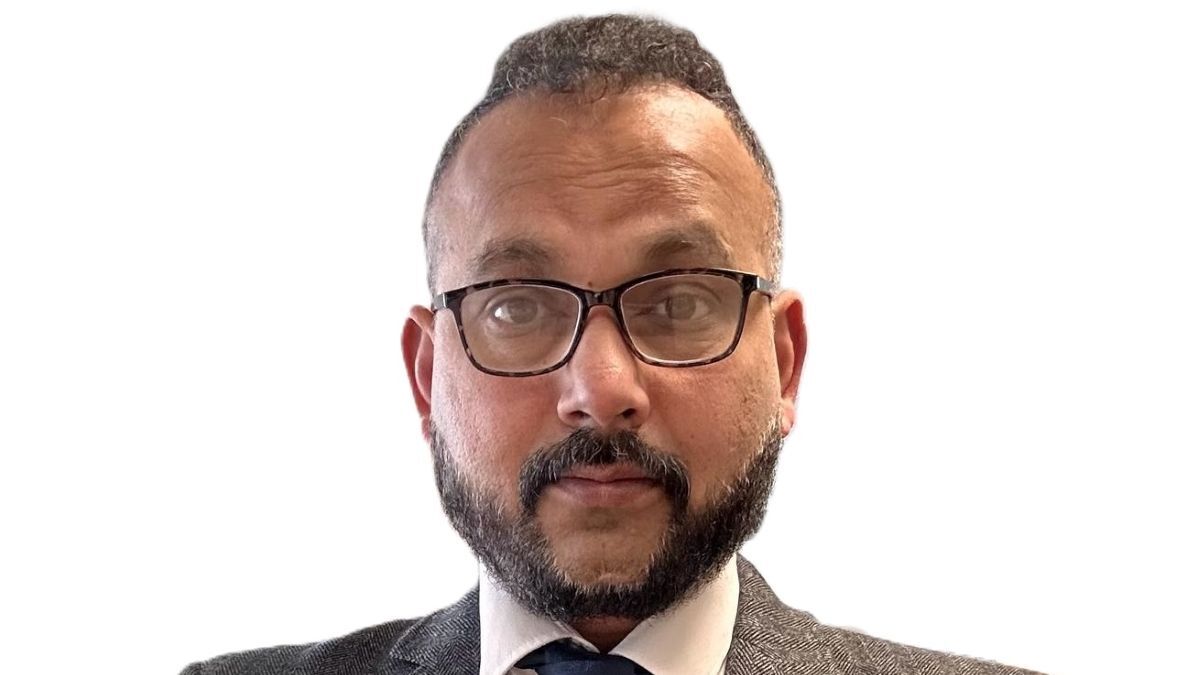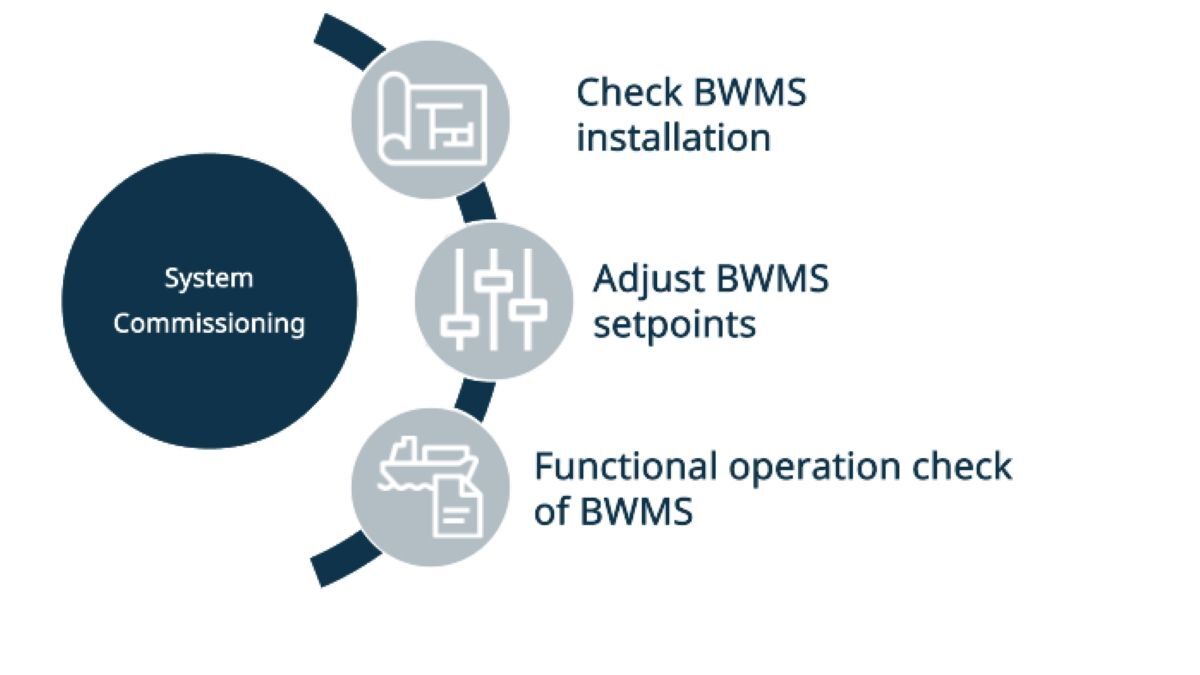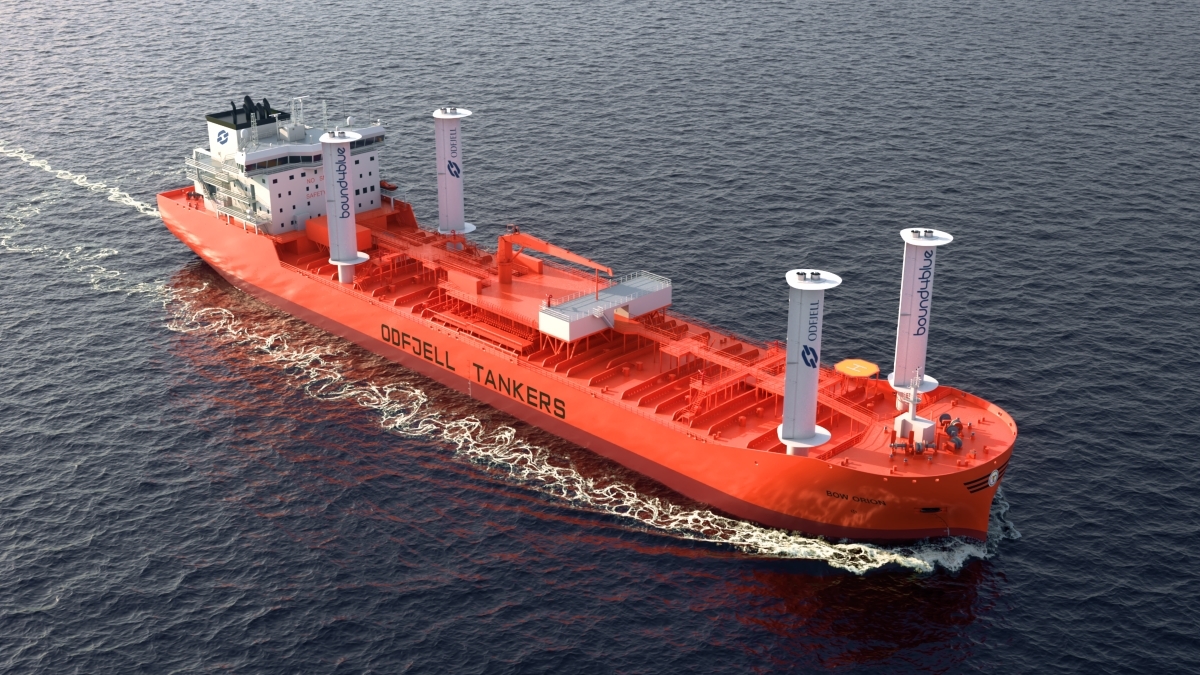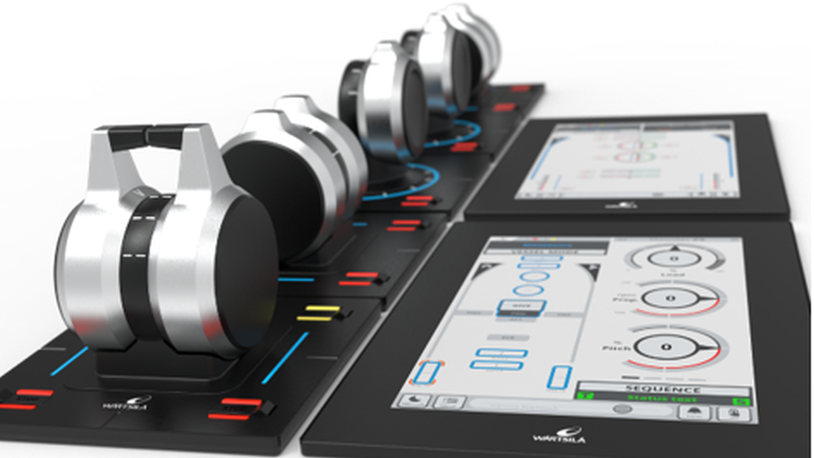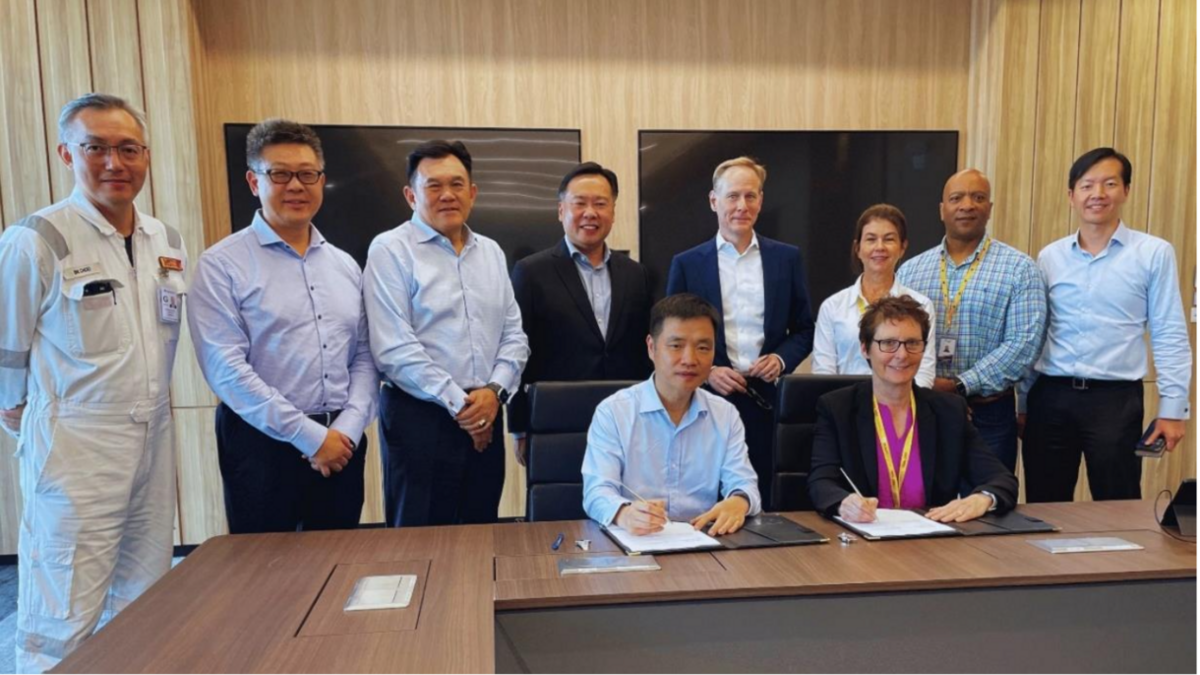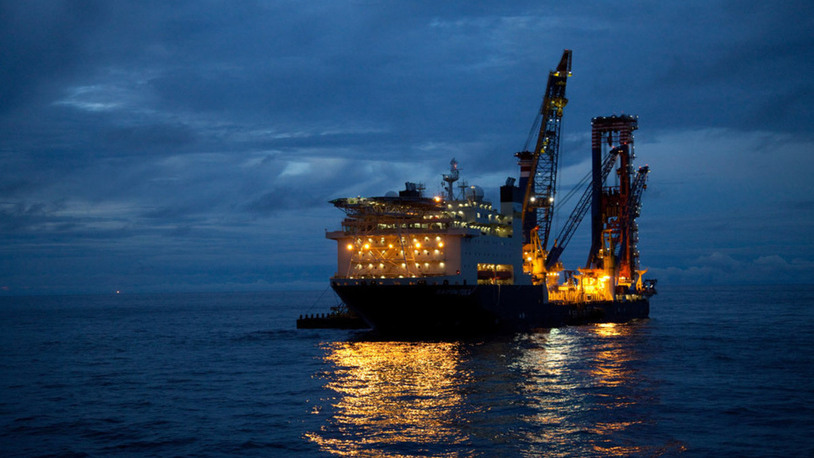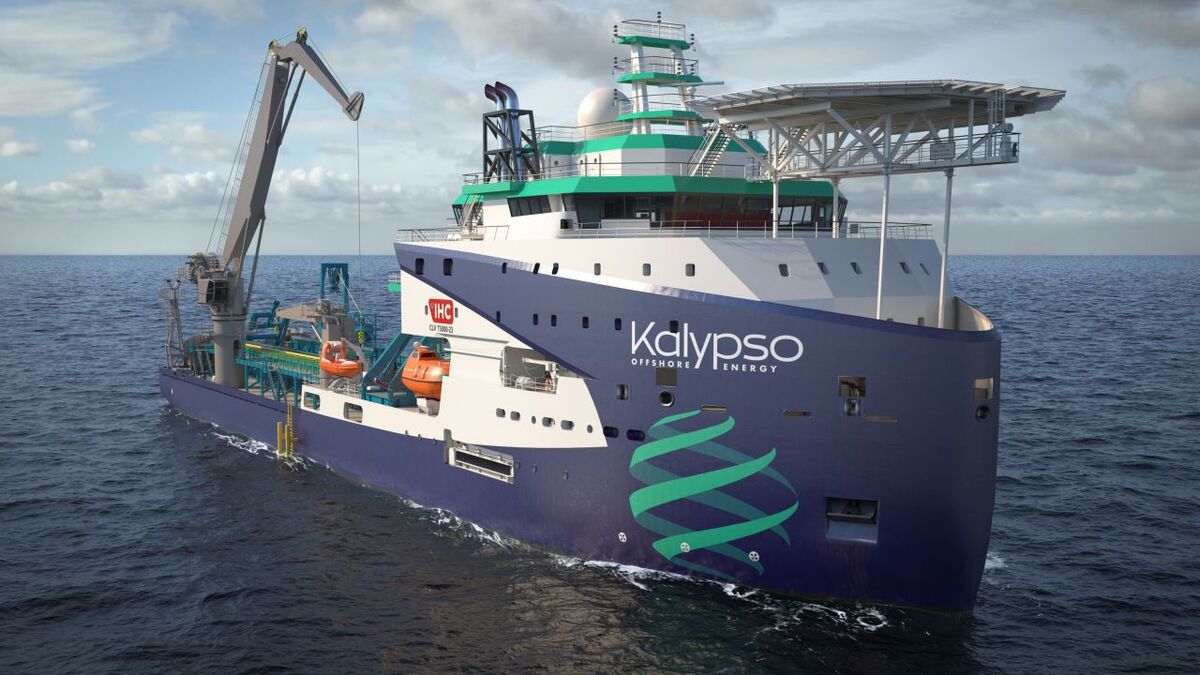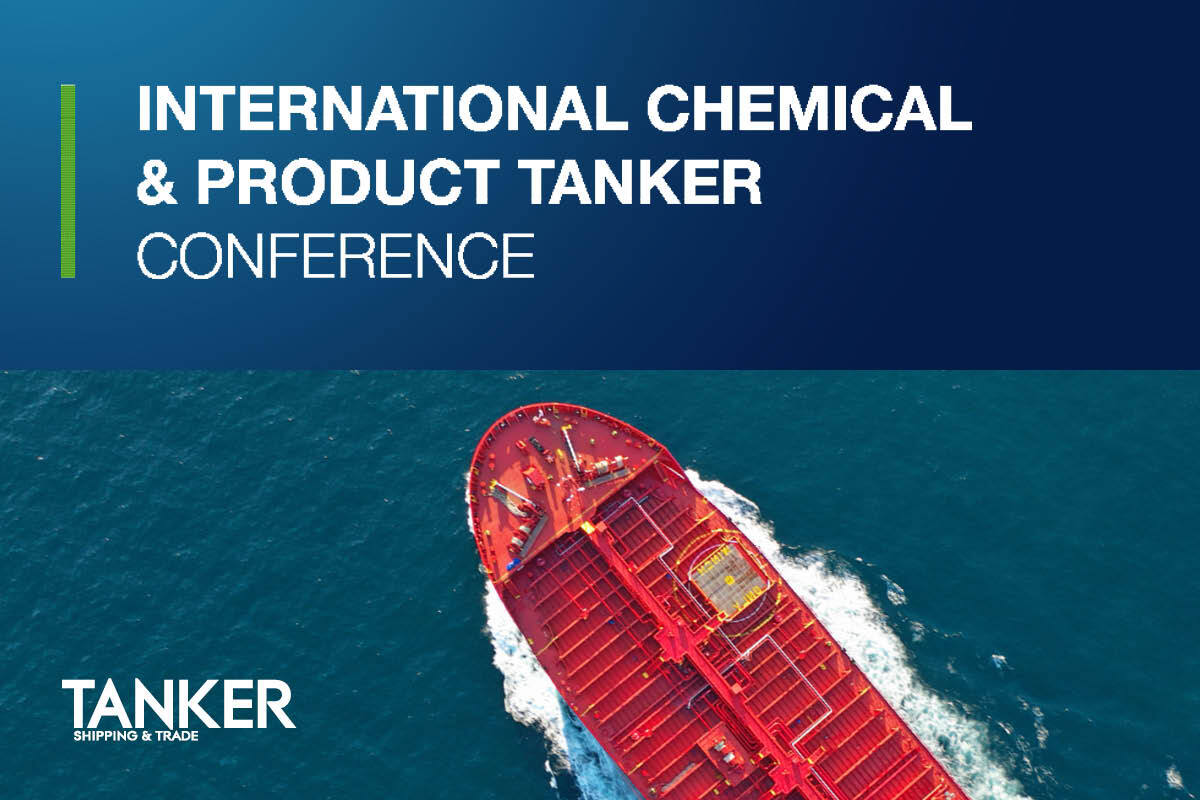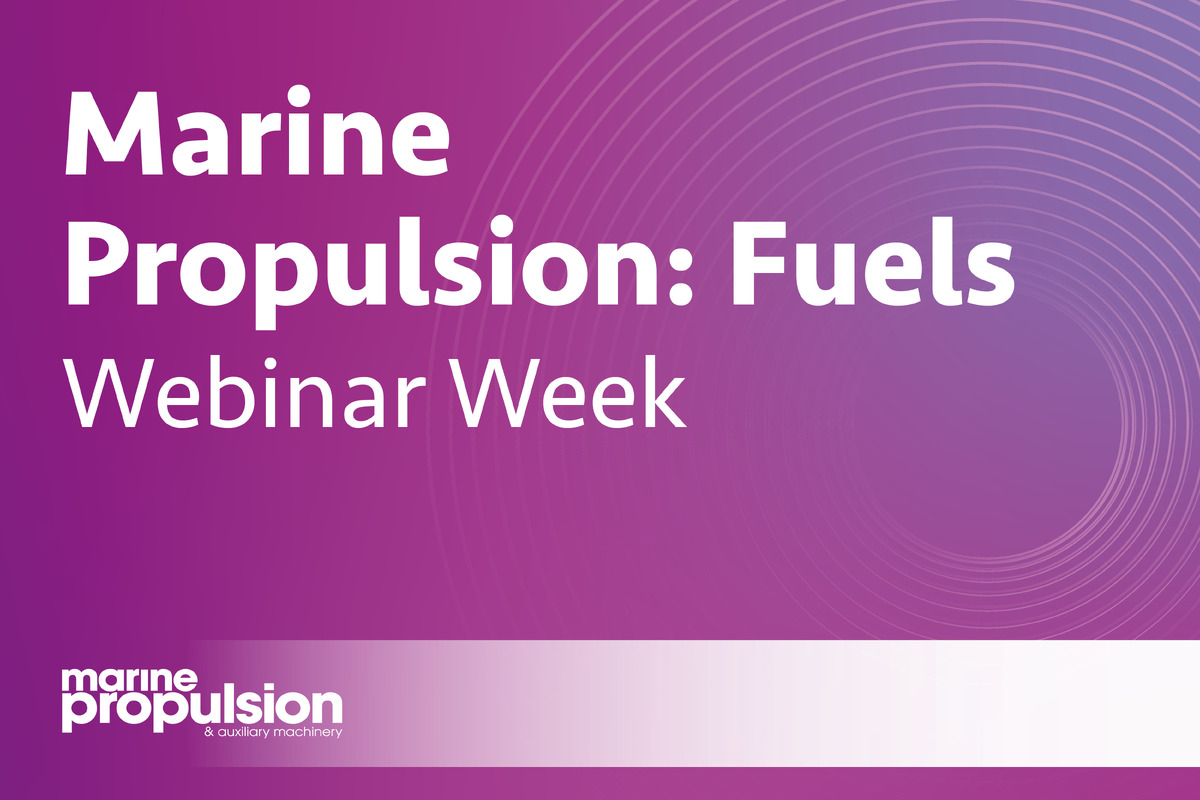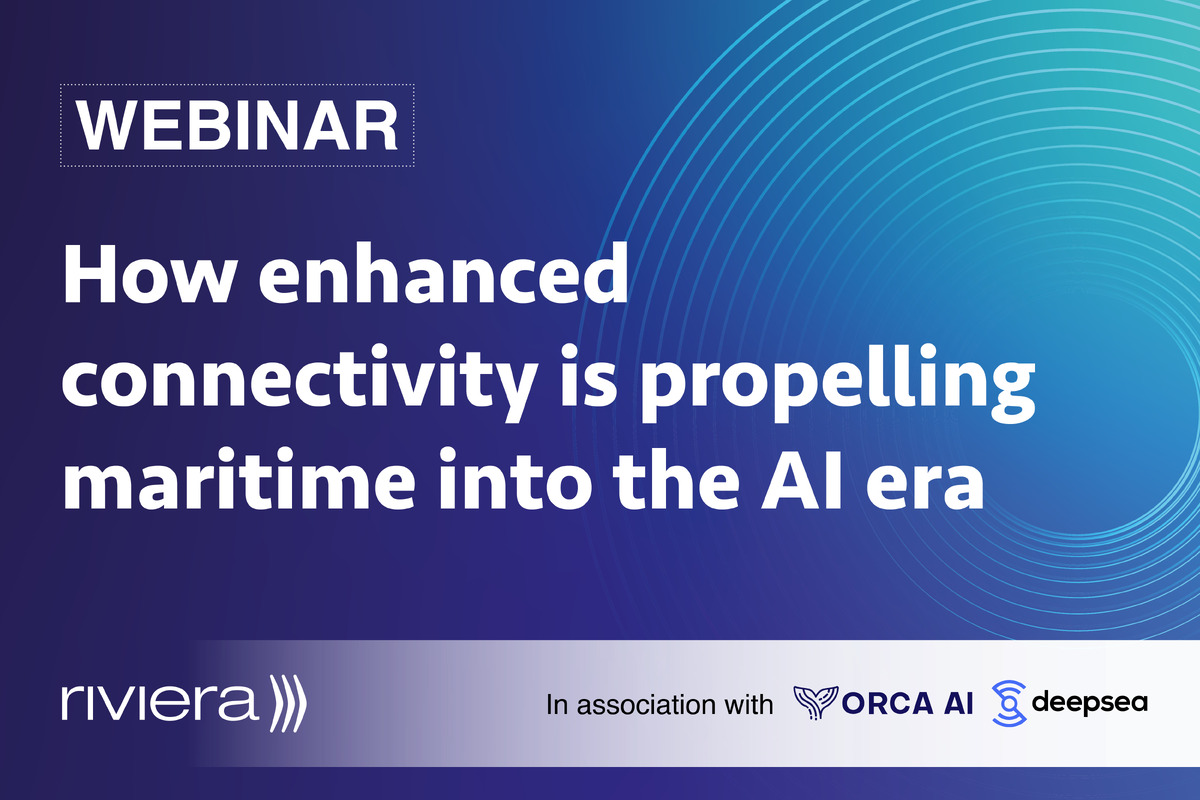Business Sectors
Events
Contents
Deal opens Kudu gas field for subsea development
Subsea construction vessels and services may finally be required on Namibia’s first offshore energy project after BW Energy made a financial commitment
BW Energy has signed a farm-in agreement on the Kudu gas field, which could kick-start a long-distance subsea tie-back or floating production project that has been on and off for at least four decades.
Kudu is estimated to hold 1.3 TCF of gas resources, enough for a gas-to-power development, but not enough for an LNG production project. These moderate resources and its remote location have left the 1974-discovered field stranded with no completed development.
This could change after BW Energy raised its stake in the field from 56% to 95% through a deal with Namibia’s National Petroleum Corp (Namcor). This farm-in and carry agreement means BW Energy is free to undertake a development plan and negotiate gas sales agreements.
Previous uninitiated development plans have involved multiple gas wells, many already drilled, tied back to a coastal gas processing plant through a 130-km pipeline. None have been implemented due to financial and geographical barriers.
Kudu’s future development would require at least one pipelayer, a subsea construction ship, flowline laying vessel and support ships, plus supplies from an onshore base.
“Kudu gas is an important project for the energy sector and for Namibia,” said BW Energy chief executive Carl Arnet. “It has the potential to provide a valuable contribution to Namibia’s energy mix and local value creation by monetising stranded gas, which is an untapped natural resource in Namibia.”
The next step for the Kudu joint venture will be to secure long-term commercial gas sales agreements. Then “update the development plan to meet offtake needs and ensure robust financial project returns,” Mr Arnet said.
Kudu lies 130 km offshore the southern parts of Namibia in deep water, hundreds of miles from other offshore energy infrastructure and supply bases in Angola and South Africa.
Namcor managing director Immanuel Mulunga indicated there was more emphasis in the nation to develop these gas resources. “Kudu represents an opportunity to reduce carbon emissions and strengthen energy independence for Namibia,” he said.
Namibia currently imports most its electricity from coal-fired power plants outside of the country.
“I am confident this development will inspire increased exploration initiatives in other licence areas in the country,” said Mr Mulunga.
There is another reason for BW Energy to become involved in its development, with its links to BW Offshore and floating production storage and offloading (FPSO) capabilities. It could also open new development opportunities elsewhere for the Oslo-listed energy company.
“Developing Kudu will provide insights which can be used to unlock similar abundant stranded gas reserves available around the world,” said Mr Arnet. “Adding cost-efficient gas to the energy mix of tomorrow is going to be vital to reach the world’s environmental targets,” he added.
An alternative option for a long-distance tie-back could be using an FPSO to process gas; removing gas liquids for export, before pumping the gas to shore.
Other Riviera articles concerning Namibia:
- Rigs report: Covid-19 uncertainty clouds outlook as offshore drilling slumps
- Power package underpins capability of ‘landmark’ diamond recovery vessel
- Integrated logistics model provides single point solution
Also in Namibia, the country will be the first nation to offer robotic hull cleaning on ships following an agreement between technology providers.
KWINT Offshore Services will provide HullWiper cleaning solutions to vessels calling at Walvis Bay. This follows the award of an environmental clearance certificate from Namibia’s Ministry of Environment, Forestry and Tourism.
HullWiper’s eco-friendly remotely operated vehicle is the only hull cleaning equipment approved to meet the growing demand for sustainable shipping solutions that comply with local port regulations.
It comes in a customised container with a fully functioning engineroom, workshop and control area from where trained technicians work. The air-conditioned unit will be stored at a Walvis Bay jetty for quick and easy mobilisation and demobilisation for vessels calling at the port or outer port limits.
Offshore projects and development opportunities will be discussed during Riviera’s Offshore Webinar Week, starting 19 January 2021 - use this link for more details and to register for these webinars
Related to this Story
Events
Maritime Cyber Security Webinar Week
International Chemical & Product Tanker Conference 2024
Marine Propulsion: Fuels Webinar Week
How enhanced connectivity is propelling maritime into the AI era
© 2023 Riviera Maritime Media Ltd.
